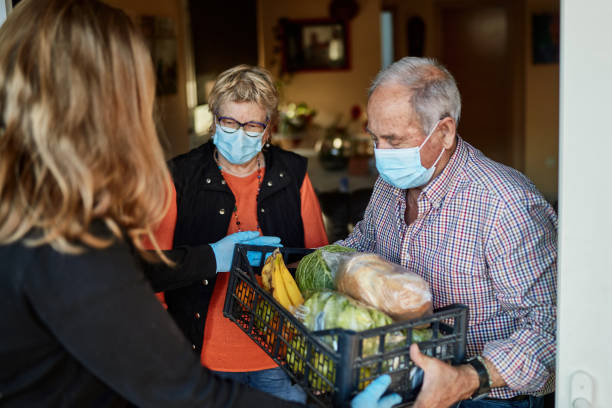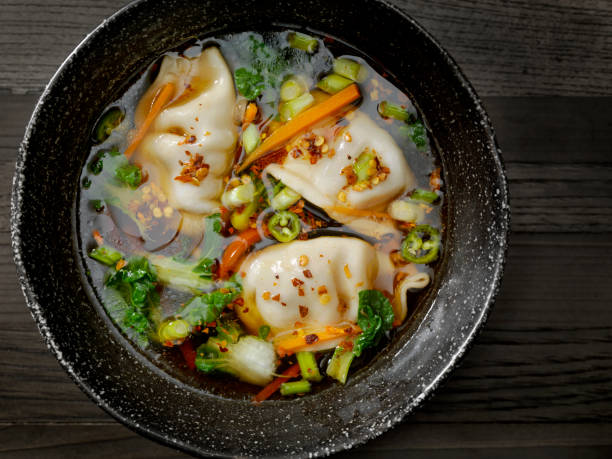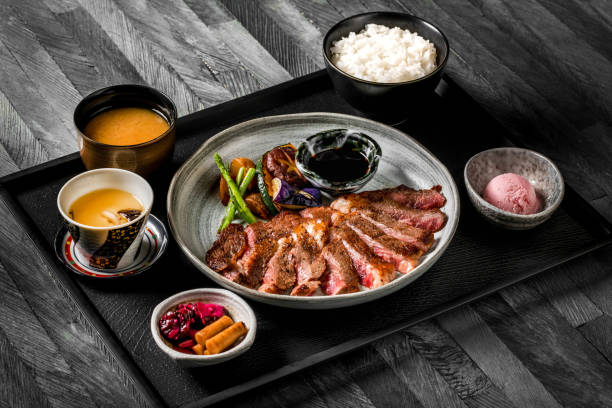Something healthier but equally delicious. You’re not the only one struggling with your snacking and diet habits. According to one study, 52% reported snacking more because of the coronavirus crisis.
You might think that all our hard work and planning for meals, diets, and other preparations have been forgotten. All that hard work went in vain. Don’t be discouraged. It’s quite normal to feel the need to go to the snack cabinet 50 times per day during these difficult times. We are guilty of it, too. There are things you can do to change this. Here are some reasons you eat so much and some tips for what you can do next.
What Are You Emotionally Eating and Why?
If food were status on Facebook, it would be “it’s complex.” It should be easy in theory. Food is fuel for your body. It allows it all the incredible things it does. We know that it does so much more.
Food is an integral part of so many daily rituals and processes. It also has close ties to emotions and psychology. All those family gatherings are made more enjoyable by a good meal. The art of cooking. Coffee with a friend, coworker or colleague. Many of these rituals were lost when COVID-19 was introduced. This is not the only reason our diets have been affected by these stressful times. Let’s take another look.
-
Boredom
Before, your day was full of activities, hobbies, and just being busy. Now. You may spend more time at home and continue the same old routines daily. The body responds to food and eating.
You can grab a bar or two of chocolate to satisfy that sweet tooth. You can also grab a packet of salted nuts to satisfy your crunch cravings. Boredom is killed when your body is busy doing something. Research shows that boredom eating is a common problem. It’s not surprising that we eat more during a lockdown or the time of uncertainty that follows.
-
Stress
The body releases hormones during stress to help us cope. What could be more distressing than an invisible pandemic! Cortisol is one of the hormones that the body releases. It is also known as the fight or flight response system. It aids the body in reacting when there is a threat.
After the initial surge of adrenaline, the body begins to feel tired. Why? Why? This causes a drop in blood sugar.
The body releases a hormone called glucocorticoids to help it rebuild itself. This causes you to want more. You’ll likely crave energy foods like sugar and carbs.
This can make you feel depressed and tired if you are under stress, like the coronavirus situation.
Routines are lacking
It was hard work that got you to this point, and it is now all gone. It’s not. Let’s look at why you might feel that way. Routines and rituals are essential to our daily lives.
Our daily sleep routine helps us to recharge mentally and physically. A simple debrief coffee with a colleague is all that’s needed. The kids’ school schedule, work, and just about everything else. It all matters.
The coronavirus destroyed these routines and rituals, which created deep anxiety and a sense of insecurity. What did this mean? Self-comfort is what you need. Food is the fastest way to get there.
Even if you ate well in the past, your current diet might be causing problems. This is especially true for those who have had issues with food in the past. 40% of people eat more when they are stressed, and there is no doubt that the pressure is on.
How to improve your diet in the face of the coronavirus crisis?
What can we do about the temptation to grab a snack when we are more inclined than usual? Do we succumb to the temptation to grab a snack?
No! Sedentary living is not good for your health, and neither is poor nutrition. This is a risk because coronavirus has made us more restricted and stressed than ever; with easy access to ‘goodies,’ it’s a real threat.
Let go of your guilt
We all promised ourselves that we would find new hobbies and be healthier and better people at the pandemic’s beginning. Who did it? Okay, there were a few enthusiastic people. It was, however, a good-intentioned scenario for most of us.
It doesn’t matter how natural; you may feel guilty about it, even if it’s not your goal.
It’s time for you to let go of all that guilt. It’s a very stressful time for everyone. No one is perfect. You can accept that you are human no matter where you are on your wellness journey. Don’t stress out, and give yourself a break.
Take it one day at a time
Even though the regulations and news about COVID-19 are constantly changing, it can still be frightening. Anxiety makes us more likely to eat stress, so you will need anti-stress tips to get through this panic.
You can start by taking it one day at a time. Accept that tomorrow is uncertain and that you can’t control it. Apply this theory to your food habits. Don’t dwell on the fact that you had a bad snack day yesterday. It would help if you focused on the “good” decisions you make today.
Meditate more and be more mindful
It can be not easy to find a quiet moment for yourself, even though we can’t get outside as often as we would like. This is because we spend almost every day with our loved ones. It can be not easy to find at least five minutes of quiet. It would help if you did it. Meditation is a way to take time for yourself every day. Your mood will improve if you focus on the positive aspects of life and the things you are grateful for.
Although it takes some time, it is worth it.
After you have mastered your meditation, apply this logic to your food. You can reduce your snacking by being more aware of what you eat.
Make a shopping list
Although mind over matter can be a great thing, it is impossible to eat something if you don’t have it. This is a crucial step to stop snacking and enforce stricter rules. This step is for those already meal planning and shop less than usual.
It’s a great idea to start planning your meals for the week. A shopping list can help you reduce the number of unhealthy snacks you bring into your home and helps you monitor your food intake.
Although it will take some time to get used to, you’ll soon be more responsible for your health and diet.




